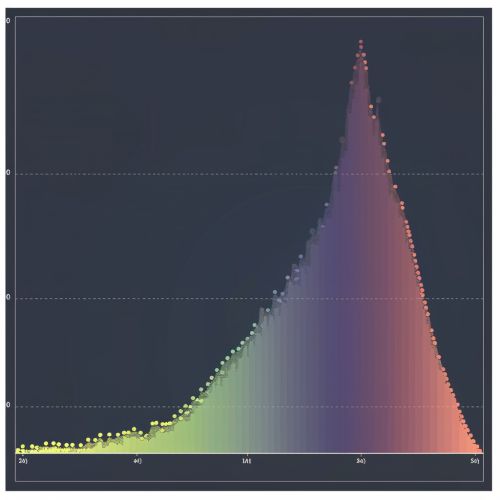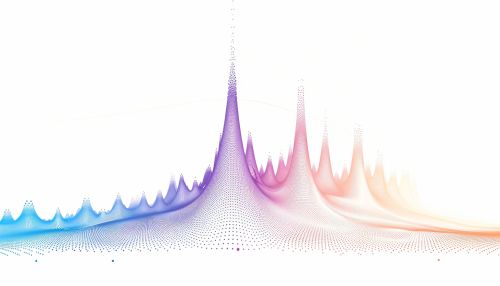Exponential Distribution
Introduction
The exponential distribution is a continuous probability distribution that describes the time between events in a Poisson point process, or equivalently, the amount of time it takes before an event occurs in a fixed time interval with a known average rate of occurrence. It is a particular case of the gamma distribution.


Definition
The exponential distribution can be parameterized in a couple of ways. In one common form, the mean is specified directly. If an event can occur several times within a given unit of time, and if the average rate (i.e., the rate parameter λ, lambda) at which the event occurs is known, then the amount of time elapsed between two successive occurrences of the event follows an exponential distribution. The exponential distribution is therefore parameterized by the rate, λ = 1/μ where μ is the expected wait time until the event happens.
The probability density function (pdf) of an exponential distribution is:
λe-λx for x >= 0, 0 otherwise
The cumulative distribution function (CDF) is:
1 - e-λx for x >= 0, 0 otherwise
Properties
Memorylessness
A distinctive property of the exponential distribution is the memoryless property. In a stochastic process, the exponential distribution has the property that the conditional probability of an event happening in the next t units of time, given that it has not happened so far, is the same whether "so far" is 1 unit or 100 units. This property is not possessed by any other distribution with a positive domain of definition and is the mathematical way of stating that the exponential distribution has no memory.
Mean and Variance
The mean or expected value of an exponentially distributed random variable X with rate parameter λ is given by 1/λ. The variance is given by 1/λ².
Median
The median of the exponential distribution is ln(2)/λ.
Mode
The mode of an exponential distribution, which is the value with the maximum probability density, is always at x = 0.
Applications
The exponential distribution is widely used in the field of reliability. Reliability theory describes the probability of a system completing its expected function during an interval of time. It is used in various disciplines including electrical and civil engineering, and in the design of systems such as nuclear power plants where reliability is paramount.
In queuing theory, the exponential distribution is used to model the time between arrivals in a queue, such as customers arriving at a store, or phone calls at a call center.
In survival analysis, the exponential distribution is used to model the time until an event occurs, such as the time until death in biological organisms or failure in mechanical systems.
See Also
- Poisson Process - Gamma Distribution - Probability Density Function - Cumulative Distribution Function - Reliability Theory - Queuing Theory - Survival Analysis
